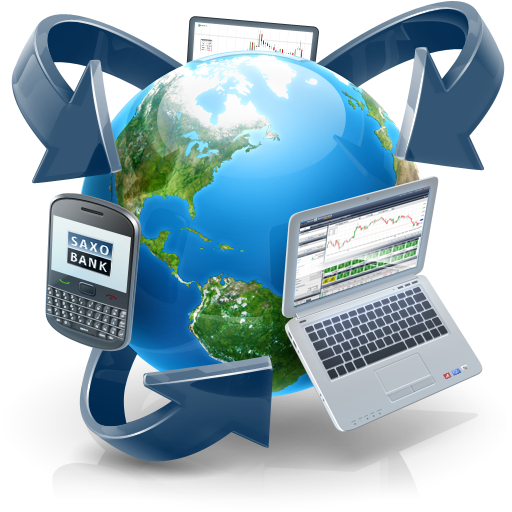Forex Trading and Global Events
Post on: 15 Май, 2015 No Comment

With over $4 trillion worth of transactions, the foreign currency exchange is the largest financial market on the planet. The market responds quickly to global events. Events affecting one currency produce ripples across the entire market.
To understand the Forex market, investors and traders need a thorough understanding of world politics, economies and even natural disasters. Knowing how the market traditionally responds to important events helps prevent financial loss.
Natural disasters
Natural disasters are, perhaps, the least predictable market forces. Some natural disasters, such as hurricanes, give traders some time to evaluate the severity of the threat. Others, such as earthquakes and volcanic activity strike without warning, resulting in loss of life, damage to infrastructure and interruptions in industry.
Events such as the 2011 Japanese tsunami have negative effects on a nations currency. How long the negative effect lasts depends on a number of factors, including the extent of the disaster, how quickly the government reacts, and the state of pre-disaster economy and infrastructure.
Bear in mind as well that some industries bloom after a disaster. A nation with a healthy construction industry, including equipment, supply manufacturers and contactor estimating software bounces back from a disaster faster than a nation with a less healthy construction industry.
Elections and Regime Changes
Forex traders like stability. Any political change within a nation can negatively affect currency values, even when the change appears positive. The removal of a dictator in favor of free elections may help a nation in the long run, but in the short term, political upheaval devalues currency.
Violent political upheaval, including and military coups, has the biggest effect on currency, followed by unscheduled elections due to civilian protests or non-confidence votes. Even a legal election can upset the market. If, say, the incumbent has a long history of financial responsibility, the market could react negative to his or her replacement.
War: Before, During and After
War combines the most disruptive elements of political upheaval and natural disaster. Industry, infrastructure, citizen morale and loss of life all combine to strip an at-war currencys value. In addition, war brings the stability of existing political systems into question, further weakening the economy.
Fortunately, war rarely appears out of nowhere. Political tensions, border skirmishes and threatening rhetoric usually precede a conflict, giving traders time to decide if they need to sell or try to ride out the conflict in the hope of future gains.
The consequences of war on a nations economy can be difficult to predict. For example, Great Britain virtually bled itself dry during World War II, while the same war sparked U.S. industry, leading to the end of the Great Depression. Nor does losing a war, over the long term, mean a fragile economy or currency: although Germany was destitute after WW2, it now stands as a healthy pillar of the European economy.
Byline: Carl is an aspiring writer who enjoys blogging about anything and everything that crosses his mind. He’s constantly striving to strengthen his writing skills and is continuously grateful that the Internet allows him to share his thoughts with the world.














